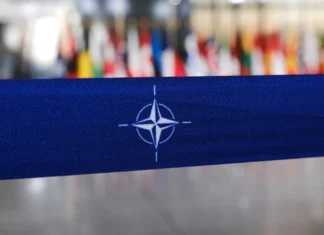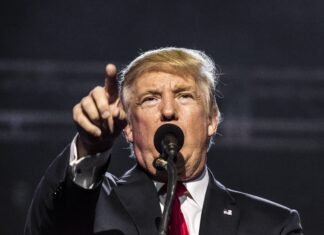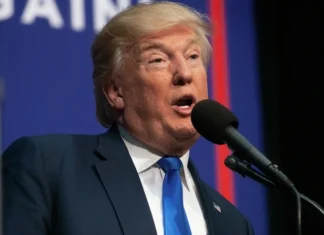The political crisis in Romania, coupled with potential delays in addressing economic imbalances following the recent collapse of the coalition government, could undermine certain external financing sources, according to S&P Global. This situation has raised concerns about the future financial stability of the country.
S&P Global highlights that Romania faces significant risks, particularly given its status as having the highest budget deficit in the European Union, exceeding 9% of its Gross Domestic Product (GDP). One of the critical challenges ahead for Romania is determining how to finance these substantial deficits until 2026, especially in light of a prolonged political stalemate and weakening economic growth.
The implications of this political turmoil on the economy are multifaceted. A politically stable environment is crucial for fostering investor confidence, which is essential for securing foreign investments. However, ongoing political uncertainty may lead to apprehensions among potential investors regarding the country’s financial commitments and reform potential. This could result in diminished foreign direct investments (FDI), further complicating Romania’s economic recovery and exacerbating the existing deficit challenges.
Moreover, delays in the implementation of necessary economic reforms can hinder Romania’s ability to attract funding from international financial institutions. The European Union, as one of Romania’s significant funding sources, may also reconsider its financial assistance in light of the country’s political instability, affecting ongoing and future projects that rely on these funds. The situation can potentially create a vicious cycle where reduced external financing leads to a deeper economic crisis, prompting even greater political instability.
As the country grapples with these challenges, the focus must be on establishing a clear and coherent political strategy to navigate through the economic difficulties. This includes prioritizing fiscal discipline and ensuring transparent communication with stakeholders to regain trust. Without decisive action, the risk is high that Romania could experience prolonged economic hardship, which may further deter potential investors and deepen the fiscal shortfall.
Additionally, addressing structural issues within the economy is imperative. Romania needs to pursue policies that not only curb the budget deficit but also stimulate growth. Prioritizing investments in infrastructure and sectors that promise higher returns can create a more favorable economic environment. Furthermore, enhancing public services and investing in education and technology can bolster productivity and economic resilience in the long run.
In conclusion, Romania stands at a critical juncture where political decisions made in the coming months will have long-lasting effects on its economic trajectory. The interplay between political stability and economic growth is more pronounced than ever, and a concerted effort from government leaders will be vital to ensure that the country can overcome its current challenges. The ability to secure external financing and restore investor confidence will be crucial for sustaining economic stability, and proactive measures must be taken to address these issues head-on. Without a clear plan, Romania risks spiraling into deeper economic troubles, which could have profound implications for its future.






